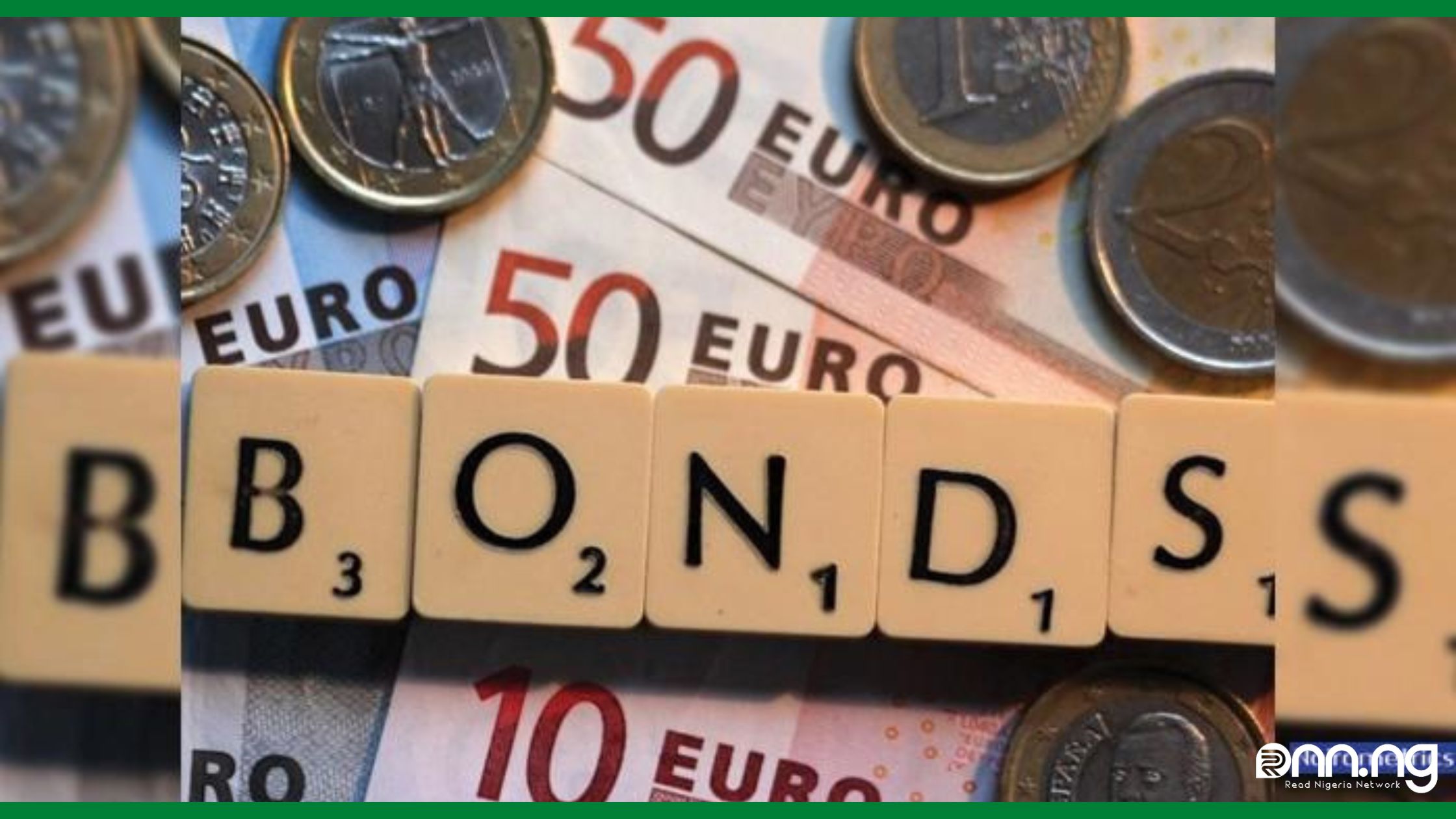Business News
Investors to profit from Nigeria’s high yields Eurobond
The price of the 5-year Eurobond, which has a maturity date of November 2027 and a coupon of 6.5%, concluded the month of October…

As investors tried to rearrange their portfolios in advance of the new year while taking advantage of higher yields, Nigeria’s 5- and 10-year Eurobond prices rose in the month of November 2022.
The price of the 5-year Eurobond, which has a maturity date of November 2027 and a coupon of 6.5%, concluded the month of October at $71.39 with a yield of 14.45%. The price of the 10.87% coupon, a 10-year Eurobond with a maturity date of February 2032, closed at $64.7 in October, yielding 14.45%.
The 5- and 10-year Eurobonds both fell by $28.8 and $35.5, respectively, putting the bond in junk status. Nigeria’s Eurobond has a unit price of $100. But the recent surge in November implies that investors think the bonds are worth buying.
Bond prices rose in November. The price of the previously mentioned 5-year Eurobond rose to $80 per $100 par value, while the price of the 10-year Eurobond rose to $77.26 per $100 par value.
As of June 2022, Nigeria’s entire Eurobond debt profile was $15.6 billion, which is unchanged from the same time the previous December. Additionally, 10% of Nigeria’s entire debt profile, which RNN pegs at roughly $151.3 billion, is made up of Eurobonds (inclusive of Ways and Means).
READ MORE: Nigerian banks invest additional N1.55 trillion in Treasury Bills
While Ghana, another neighboring country in sub-Saharan Africa, is having trouble paying back its loan due to a currency problem, Nigeria’s Eurobond appears to be on the rise. In its planned yearly budget for 2023, the government included provisions for debt servicing but made no mention of any impending plans to raise holdings of Eurobonds.
The current bond recovery in November coincides with a rise of 8.72% in the Nigerian Exchange All Share Index, which reversed a 10% loss in October.
We also see that Nigeria’s exposure to Eurobonds, which amounts to $14.42 billion, will not be redeemed until after 2026. A soaring Eurobond shows that overseas investors would be attracted to the bond prices as of October given the high yields compared to alternative options.
The bonds are interesting to investors with a sizable dollar position because they are also denominated in dollars.
Additionally, it implies that investors may have some faith in Nigeria’s ability to repay its loans with foreign currency as the principal, which together with multilateral and bilateral loans accounts for around 26.4% of Nigeria’s total public debt.
Positive news for the debt management office will be an increase in the price of Nigeria’s Eurobond (DMO). The cost of borrowing increases as the price decreases for Nigeria. The cost was another factor in Nigeria’s decision to stay away from the foreign debt market.
Although Nigeria’s bond market seems to be improving, there are still possible obstacles, particularly in the FX market.
Godwin Emefiele, the governor of Nigeria’s central bank, recently claimed that nothing from oil profits went into the central bank’s external reserve.
As the apex bank was under pressure to meet demand through the Investor & Exporter window, Nigeria’s foreign reserve decreased to a one-year low of roughly $37.1 billion in November.
As a result of widespread unrestrained crude oil theft, the government continues to experience an economic crisis as oil revenues continue to decline. The elections in 2023 are still shrouded in uncertainty.
